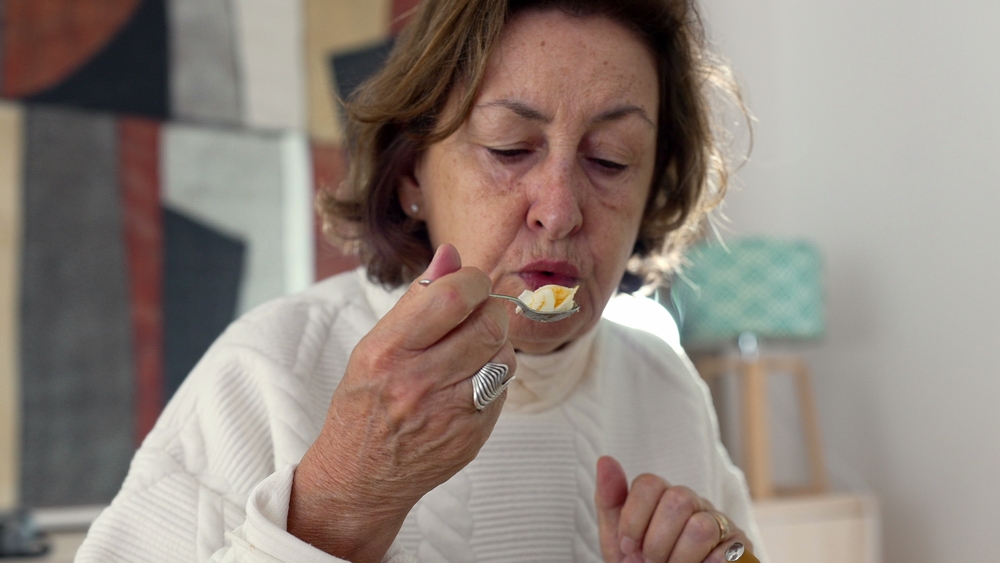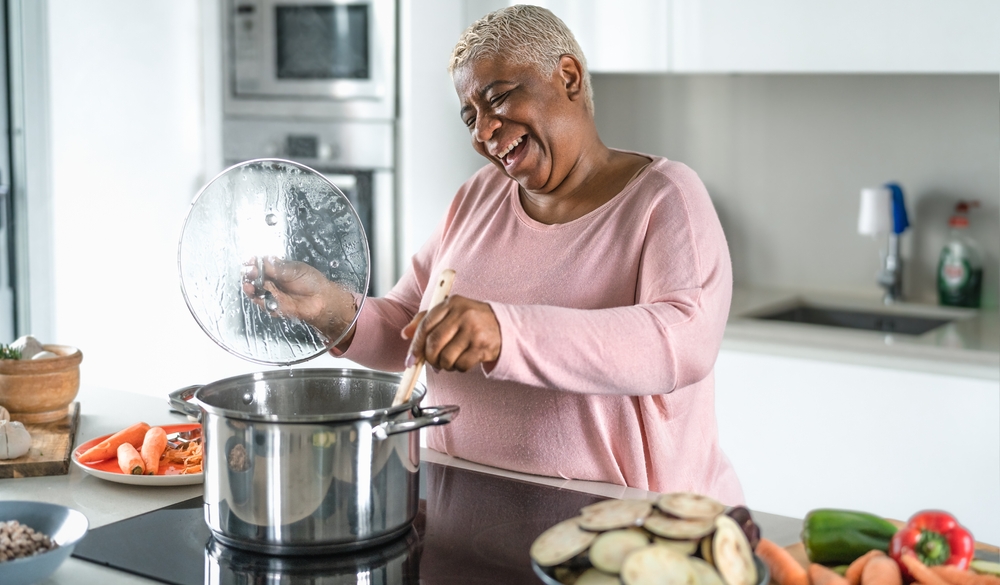Is Coffee Good for Seniors and the Elderly?
Category:

There’s nothing better than a fresh cup of coffee to wake you up in the morning. In fact, coffee is known to have numerous health benefits. But is it safe for seniors to drink? Does coffee make you age? What are the pros and cons of coffee? In this post, we will review what you need to know about coffee for seniors.
Does Coffee Age You?
People may wonder, “Does coffee make you older?” As a matter of fact, many anti-aging products include caffeine in them. These products can treat cellulitis, dark circles, local fat, and puffy eyes. However, a study concluded that caffeine is most effective at treating these aspects through oral intake. So can coffee cause aging? No — and yes.
According to esthetician Jillian Wright, coffee causes aging by dehydrating one’s body. This can cause collagen loss, toxic buildup, and inflammation. All of these aspects result in acne, redness, and wrinkles. Additionally, many caffeine products — such as coffee and tea — are accompanied by sugar and dairy products, all of which can age your skin.
Pros and Cons of Drinking Coffee for Seniors
We now know more about how caffeine can age your skin but overall, is coffee good for seniors? In this section, we will review the pros and cons of coffee for elderly individuals.
Pros of Coffee for Seniors
Some pros of drinking coffee include:
-
Improves cognition. Caffeine may prevent or delay dementia. It may also prevent age-related mild cognitive impairment.
-
Improves mental health. Coffee provides a mood boost to help one feel more alert and motivated. According to a review of seven studies, each cup of coffee consumed per day was linked to an 8% lower risk of depression.
-
Decreases risk of cancer. Some studies say that coffee can lower the risks of certain cancers, including prostate cancer, liver cancer, endometrial cancer, and some cancers of the mouth and throat. However, these studies were found in those who drank four to six cups per day, which is a lot and could result in other adverse effects.
-
Decreases risk of stroke. Research has found a 32% lower risk of stroke among individuals who drank two to three cups of coffee or tea per day compared to those who drank neither beverage. Furthermore, each coffee drink per week was linked to a 7% decrease in stroke and an 8% decrease in the risk of heart failure.
-
Extends life. A study found that people who drank coffee had a lower risk of death.
Cons of Coffee for Seniors
In addition to aging one’s skin, some cons of drinking coffee include:
-
Overheating. For seniors who already have memory issues, drinking coffee that’s too hot can be dangerous. A safe coffee temperature for the elderly is between 130°F and 150°F.
-
Increases dehydration. The effects of dehydration can put stress on the kidneys and make bladder infections more painful.
-
Increases heart rate. A rapid heart rate could be problematic for those with heart problems, such as arrhythmias.
-
Elevates blood pressure. Coffee can be a problem for those with serious cardiovascular health issues, even though the effect it has on blood pressure is only temporary.
-
Creates diarrhea and gastrointestinal problems. Coffee includes high acid content, which can make acid reflux worse. Furthermore, it can speed up digestion to unhealthy degrees.
Download Our Healthy Aging Diet Guide
Takeaway
Coffee can provide many great health benefits when you drink it in moderation. Seniors should listen to their bodies if they experience adverse reactions. They should also speak to their doctors about interactions with medications to ensure they are drinking a healthy amount.
Subscribe
Date: 2022-07-05
Category:


